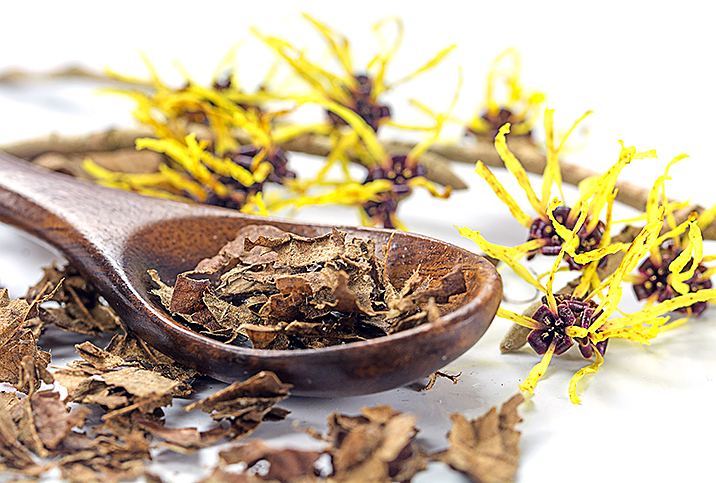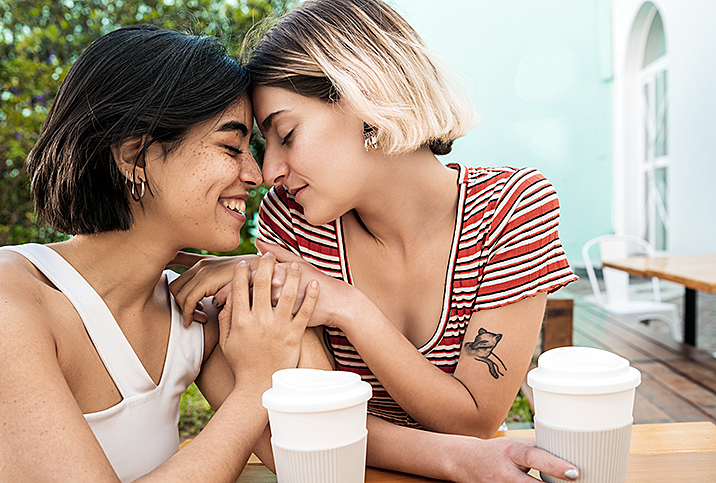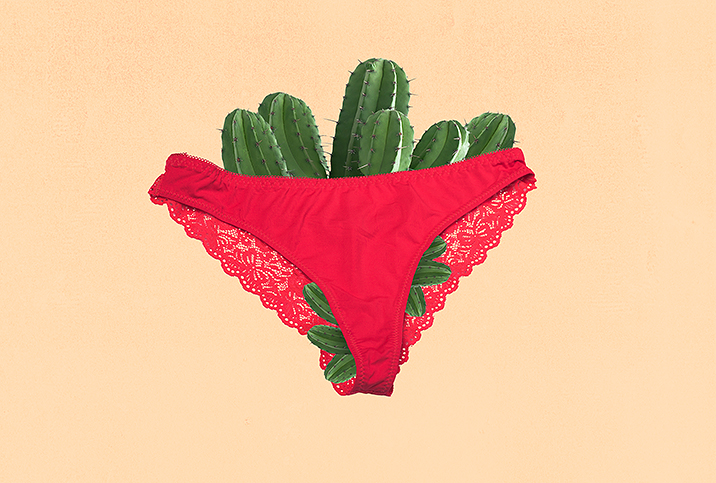Over-the-Counter Remedies to Relieve Vulvar Discomfort

Vulvar discomfort can occur for a number of reasons, but some over-the-counter treatments may offer women relief.
Irritation or sensitivity may be due to a yeast or bacterial infection, genital herpes, physical activities, pregnancy, childbirth, menopause, dryness or other conditions can cause an uncomfortable feeling in the vulva for many women.
Your vulva is your first line of defense to protect the vagina, but the vulva also needs protection from outside irritants, such as sweat, tight or uncomfortable fabrics, or scented products.
If you are suffering from vulvar discomfort, there are ways to ease the irritation and make your vulva happy again. We talked to experts for tips on how to identify vulvar discomfort and what treatment they recommend.
Vaginal vs. vulvar pain
Oftentimes, people confuse vaginas and vulvas. While it's commonplace to refer to the entire female genitalia as the vagina, vaginas make up only one part of the reproductive system.
"The vulva is the part of your genitals on the outside of your body—your labia, clitoris, vaginal opening, and the opening to the urethra (the hole you pee out of)," states the Planned Parenthood website. "While vaginas are just one part of the vulva, many people say 'vagina' when they really mean the vulva."
The vagina is a closed canal that extends from the vulva to the uterus. Vaginal discomfort occurs inside the canal, while vulvar pain occurs outside it. Vaginal discomfort can be caused by penetration, childbirth (tears or procedures), menstruation, certain physical activities (e.g., horseback riding) and vaginismus.
Vulvar pain, on the other hand, can be caused by several conditions, including vulvodynia (a chronic pain condition) and lichen sclerosus (which commonly affects postmenopausal women).
While it's commonplace to refer to the entire female genitalia as the vagina, vaginas make up only one part of the reproductive system.
"Injury/trauma, surgery, dermatitis, or a bad shaving experience can also cause discomfort," added Kecia Gaither, M.D., who is double-board-certified in OB-GYN and maternal fetal medicine.
According to Nicole Rankins, M.D., an OB-GYN and the host of the "All About Pregnancy & Birth" podcast, it's not uncommon to have vulvar discomfort during pregnancy. "It comes from the increased blood flow to the area," she explained.
"Also, some women have vulvar varicosities, which are swollen veins and they can be uncomfortable," Rankins continued. "After birth, particularly in the first few hours after birth, vulvar swelling is common, especially if pushing was prolonged."
Vulvar varicosities typically go away on their own within six weeks after giving birth. Swelling also subsides in a few weeks with proper rest and ice packs.
Sexually transmitted infections (STIs), other types of infections, dryness and menopause can affect both your vulva and vagina.
Remedies for vulvar pain
Depending on what's causing your vulvar discomfort, the following over-the-counter (OTC) remedies may help. Remember, these should be applied only to the vulva (the external area of the genitals) and not inside the vagina.
Therapy packs
Rankins said cold packs are very helpful at reducing vulvar discomfort during pregnancy and after childbirth.
Suzanne Sinatra, CEO and founder of Private Packs, which are cold and hot pads that can be reused and worn discreetly in your underwear, said packs are useful for everything from "chronic pain from painful intercourse to vaginal dryness from chemotherapy."
Witch hazel
According to the Cleveland Clinic, witch hazel wipes can relieve itching, burning and irritation to the vulva after childbirth. It is also used to relieve hemorrhoids, and common brand names include Hemorrhoidal, Medi-Pads, Preparation H for Women Medicated Hemorrhoidal, Preparation H Maximum Strength, Preparation H Totables, Sani-Pads with Aloe and Tucks.
Witch hazel is a botanical astringent and should not be used if you are experiencing vulvar dryness or bleeding, as it may make these conditions worse. Also be on the lookout for side effects or allergic reactions, such as rash, hives or swelling, and stop using immediately if any of these occur.
Topical creams and sprays
"Generally, pain-relieving topical creams, moisturizers, steroid creams and estrogen creams might be some of the first-line treatments, depending on the cause of your discomfort," Gaither said. Creams, such as Vagisil, can help with irritation from pregnancy or menopause, as well as other conditions.
Rankins also suggested numbing spray that can mitigate vulvar pain and irritation. Postpartum moms might try Dermoplast for relief from pain due to cuts and tears experienced during childbirth. Numbing agents, such as lidocaine, can also be used by women who experience dyspareunia (pain with sex), whether due to menopause or other conditions.
Being uncomfortable in our own skin—the vulva is a layer of skin, after all—doesn't have to last forever. With the proper treatment for your specific type of discomfort, your vulva will be able to find relief.
It's important to protect your vulva so it continues to protect the vagina and your overall reproductive system. And remember to speak with your doctor about your vulvar discomfort, so you can work together on the remedy that's right for you.


















